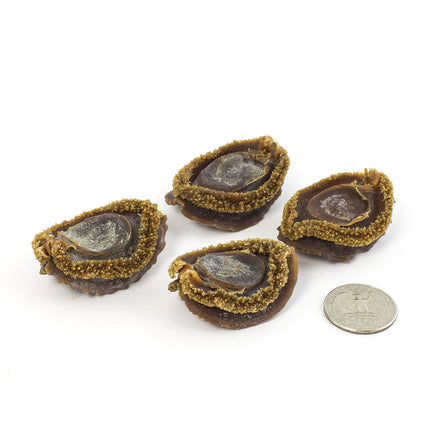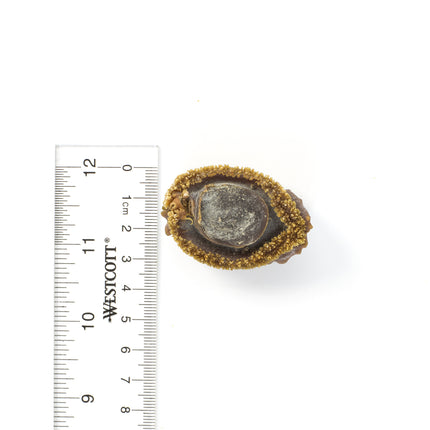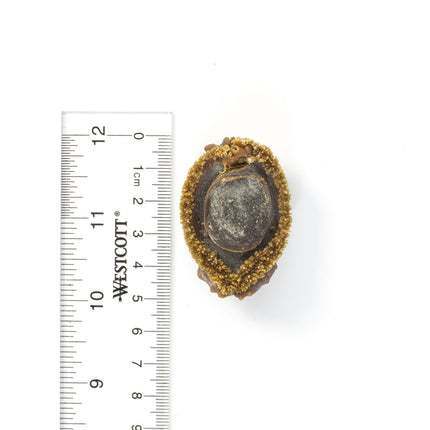Size: 9g~19g each. There are three kinds of abalone produced in Japan: Net Abalone, Jipin Abalone and Hema Abalone. The most prestigious is the king of Bao. Japan is known as “the abalone emperor kingdom,” and the technique of making abalone is quite superb.
Abalone (marine snail), fresh and rich, are extremely delicious and nutritious. Abalone is a yin nourishing food which means it supports the health of internal organs. It moisturizes lungs, which improves breathing and complexion. It clears inflammation and nourishes the liver and improves eyesight. Long-term consumption has been shown to help prevent cancer.
The most recent research has found abalone provides a good source of:
- Protein
- Iron essential for building red blood cells
- Vitamin B12
- Magnesium
- Selenium
- Omega-3
Omega-3 fatty acids are a type of polyunsaturated fat that can not be produced by our body. So, Omega-3 is important as essential fatty acids. Omega-3 itself is formed of fatty acids like EPA (Eicosapentaenoic acid), DHA (Docosahexaenoic Acid) and ALA (a-linolenic acid). Omega-3 consumed regularly assists in the development of the brain and memory, prevents heart disease because it can make arterial organs becomes more elastic and reduces the risk of high blood pressure.
Pregnant women who consume Omega-3 may have healthy and intelligent children and it also improves the quality of breast milk. Omega-3 is essential for improving mental and physical health of the baby.
When compared to protein sources such as beef, tuna, salmon or eggs, snail protein content is higher than all sources except mutton. Snail contains vitamin A, vitamin E, vitamin B1, B3, B6 and B12. Vitamin A is beneficial for the health of the eyes, while vitamin E may act as an antioxidant. Vitamin B1, B3, B6 and Vitamin B12 is an essential vitamin that is needed to prevent and control diabetes. Snail provides choline which is an essential component of the nervous system and is a high source of iron. Snail contains high levels of magnesium. Magnesium plays important roles in the body, which is needed for more than 325 enzymatic reactions, including involved in the synthesis of fats, proteins and nucleic acids, neural activity, muscle contraction and relaxation, cardiac activity and bone metabolism.
To soften the abalone, rinse them briefly with warm water, then soak them in cold water overnight. The soaking water may be used in cooking. Abalone can be sautéed in butter and oil for 3 – 5 minutes. Japanese cooks slice raw abalone into paper-thin pieces for sashimi. They poke holes into the flesh with a sharp knife to tenderize it. Chinese cooks add canned or rehydrated abalone (sea snails) to soups and stir fries along with pork, dried scallops, mushrooms, chicken or goose meat or prepared sea cucumber. Do not overcook them. They will be tender and delicious.






